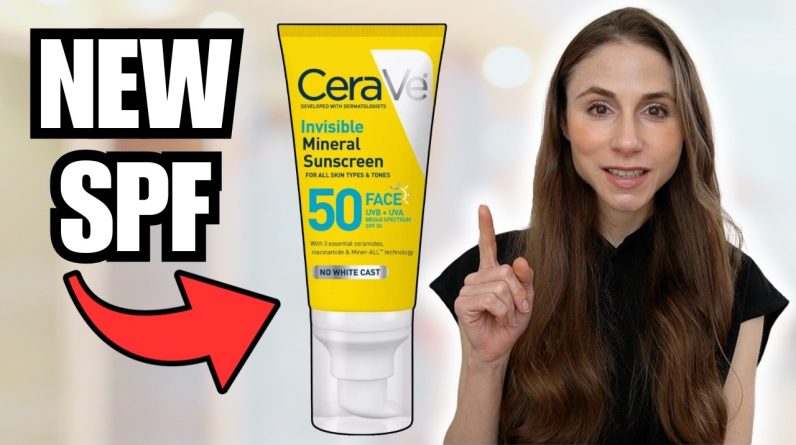Zinc is an important trace element and has huge health benefits for your body. Zinc is not stored in the body and requires consistant ‘top ups’ consistently in the diet.
85% of zinc is stored in muscle and bone, 11% in the skin and liver, and the rest in other tissues. Zinc absorption occurs in the duodenum and proximal jejunum.
Where is Zinc found?
Oysters, red meat, pumpkin seeds, tofu, hemp seed and beans.
What does it do?
It should come as no surprise that zinc is crucial in countless physiologic processes; it is essential in growth, immune function, tissue maintenance, and wound healing.
What happens if you don’t have enough zinc?
It is estimated between 20-25% of the population are zinc deficient. 30% of the elderly population are considered to be zinc deficient.
Organ systems known to be affected clinically by zinc deficiency states include the epidermal, gastrointestinal, central nervous, immune, skeletal, and reproductive systems.
Inadequate intake as a result of a zinc-deficient diet or a phytate-rich diet is the most common worldwide cause of zinc deficiency. The phytate-rich diet are the diets consumed by vegans or vegetarians. The phytate reduces the uptake of zinc that can cause depletion.
Severe zinc deficiency manifests as bullous-pustular dermatitis, alopecia, diarrhea, weight loss, intercurrent infections, and hypogonadism in males.
The presentation of moderate zinc deficiency includes growth retardation, delayed puberty, hypogonadism in males, rough skin, poor appetite, delayed wound healing, and abnormalities in gustation, olfaction, and night vision. Mild zinc deficiency may present with oligospermia, weight loss, and hyperammonemia.
Interestingly, high amounts of zinc are present in the brain, particularly in the hippocampus and cerebral cortex. It was shown that zinc deficiency negatively influenced brain zinc homeostasis and resulted in impaired mental function, altered behaviour, learning, and susceptibility to epileptic convulsions.
Who is at risk?
The greatest physiological requirement of zinc occurs during puberty, coinciding with the period of rapid bone growth. In addition, infants and children, pregnant and lactating women, and the elderly also require increased zinc.
How much should I have?
The recommended zinc dosages are 5 mg/day for children between 7 months and 3 years and 10 mg/day for older children. When formulating multi-nutrient supplements, it is recommended that salts providing readily absorbable zinc, like ZnSO4, zinc gluconate or zinc acetate are used because they are absorbed more efficiently.
Adults: Recommended Dietary Allowance of 15 mg per day
References:
Elmadfa, I., & Meyer, A. L. (2019). The Role of the Status of Selected Micronutrients in Shaping the Immune Function. Endocr Metab Immune Disord Drug Targets, 19(8), 1100-1115. doi:10.2174/1871530319666190529101816
Kogan, S., Sood, A., & Garnick, M. S. (2017). Zinc and Wound Healing: A Review of Zinc Physiology and Clinical Applications. Wounds, 29(4), 102-106.
Maares, M., & Haase, H. (2016). Zinc and immunity: An essential interrelation. Arch Biochem Biophys, 611, 58-65. doi:10.1016/j.abb.2016.03.022
Moshirpour, M., Nakashima, A. S., Sehn, N., Smith, V. M., Thackray, S. E., Dyck, R. H., & Antle, M. C. (2020). Examination of Zinc in the Circadian System. Neuroscience, 432, 15-29. doi:10.1016/j.neuroscience.2020.02.016
Muhamed, P. K., & Vadstrup, S. (2014). [Zinc is the most important trace element]. Ugeskr Laeger, 176(5).
Person, O. C., Puga, M. E., da Silva, E. M., & Torloni, M. R. (2016). Zinc supplementation for tinnitus. Cochrane Database Syst Rev, 11(11), Cd009832. doi:10.1002/14651858.CD009832.pub2
Sanna, A., Firinu, D., Zavattari, P., & Valera, P. (2018). Zinc Status and Autoimmunity: A Systematic Review and Meta-Analysis. Nutrients, 10(1). doi:10.3390/nu10010068
Wessels, I., Maywald, M., & Rink, L. (2017). Zinc as a Gatekeeper of Immune Function. Nutrients, 9(12). doi:10.3390/nu9121286
Roohani, N., Hurrell, R., Kelishadi, R., & Schulin, R. (2013). Zinc and its importance for human health: An integrative review. Journal of research in medical sciences : the official journal of Isfahan University of Medical Sciences, 18(2), 144–157.
YouTube
SUBSCRIBE TO MY CHANNEL:
INSTAGRAM: _sonyagoltz
❤ MY FAVORITE THINGS ❤
Favourite Phone Case:
Oura Ring:
Essential Oils:
**Email [email protected] with any questions
Disclaimer: This video is general in nature and any health concerns can be discussed with your General Practitioner (GP).
source







